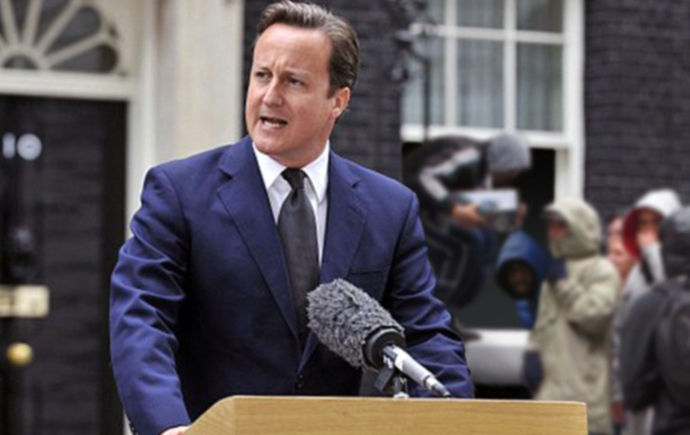A UK Parliament petition, created last month calling for a second EU Referendum if the vote to Leave or Remain is less than 60%, has attracted over 3.7m signatures.
The petition was created by Brexit supporter, Oliver Healey, and reads,
We the undersigned call upon HM Government to implement a rule that if the remain or leave vote is less than 60% based a turnout less than 75% there should be another referendum.
Following the 48% Remain / 52% Leave result on Friday morning, those unhappy about the result have been flocking to the petition to add their signatures.
Petition “hi-jacked”
The petition author, an English Democrat, has since complained that the petition has been ‘hi-jacked’ by Remain supporters.
At the time of publishing, the number of signatures totalled 3,718,862, of which 6,121 came from the Isle of Wight.
It was reported by the Petition Commission on Sunday that around 77,000 signatures have been removed as they were considered to be false.
You can view (and sign if you wish) the petition via the Parliament Website.
Angry Brexiters
There have been many reports in the media over the last few days of Brexiters voicing their anger at ‘being lied to’ by the Leave campaign over funding and immigration pledges.
Within hours of the result being announced, one of the leading Brexit campaigners, Ukip MEP Nigel Farage, said he believed the campaign pledge stating £350m per week sent to the EU would go to the NHS instead was a “mistake”.
The FTSE took a massive dive on news of the result and remains low today (Monday). Meanwhile, small businesses on the Isle of Wight have stated that EU suppliers are already severing ties and quotations are been withdrawn.
Process to leave not started yet
Prime Minister David Cameron stated before the Referendum that “the public would expect” Article 50 to be invoked immediately (to start the process of exiting the EU), however, he instead resigned from his post and suggested his replacement (who could be three months away from being elected) should handle the exit.
Once invoked, the Government would have two years to complete all negotiations. The negotiation period can only be extended if all member states agree.





